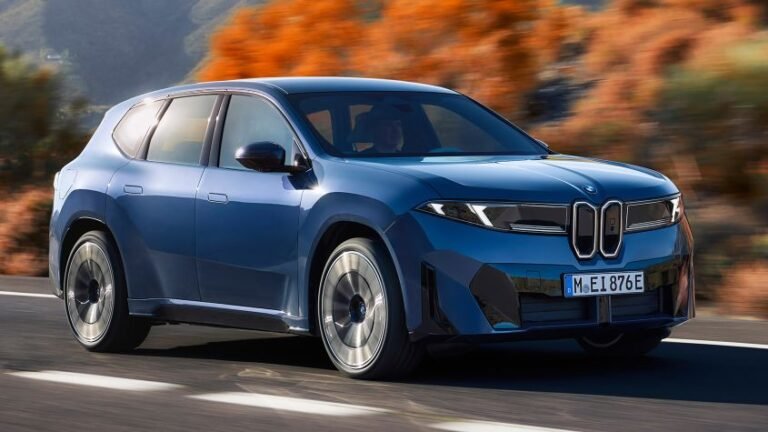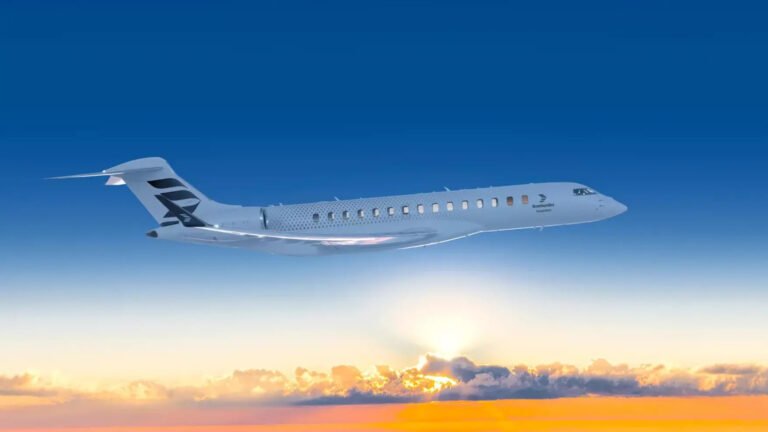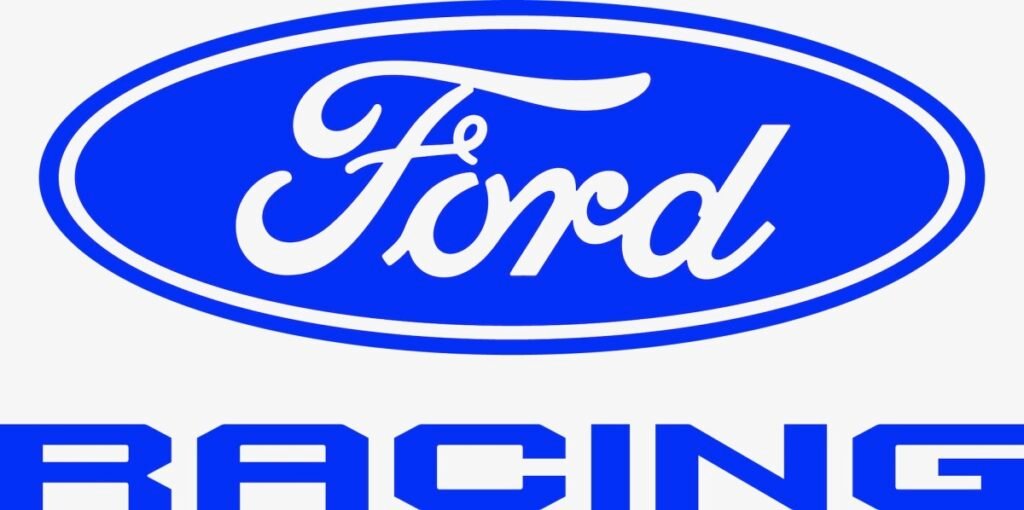
Promises Greater Integration Between Racing And Road Cars
Ford Performance is being rebranded as Ford Racing as the Blue Oval aims to emphasize the connection between its many racing programs and its performance road cars. The newly renamed Ford Racing will still be responsible for both, so it doesn’t appear that its operations will change. But the move shows that Ford wants to justify its extensive involvement in motorsports.
“This is not a marketing exercise. This is a promise. It signals a new, more focused mission to tear down the wall between our race teams and the engineering of the vehicles you drive every day on and off road,” Will Ford, general manager of Ford Racing, wrote in a blog post. He’s the son of Ford executive chair William Clay Ford Jr. and the great-grandson of company founder Henry Ford.
Internal Reorganization
Ford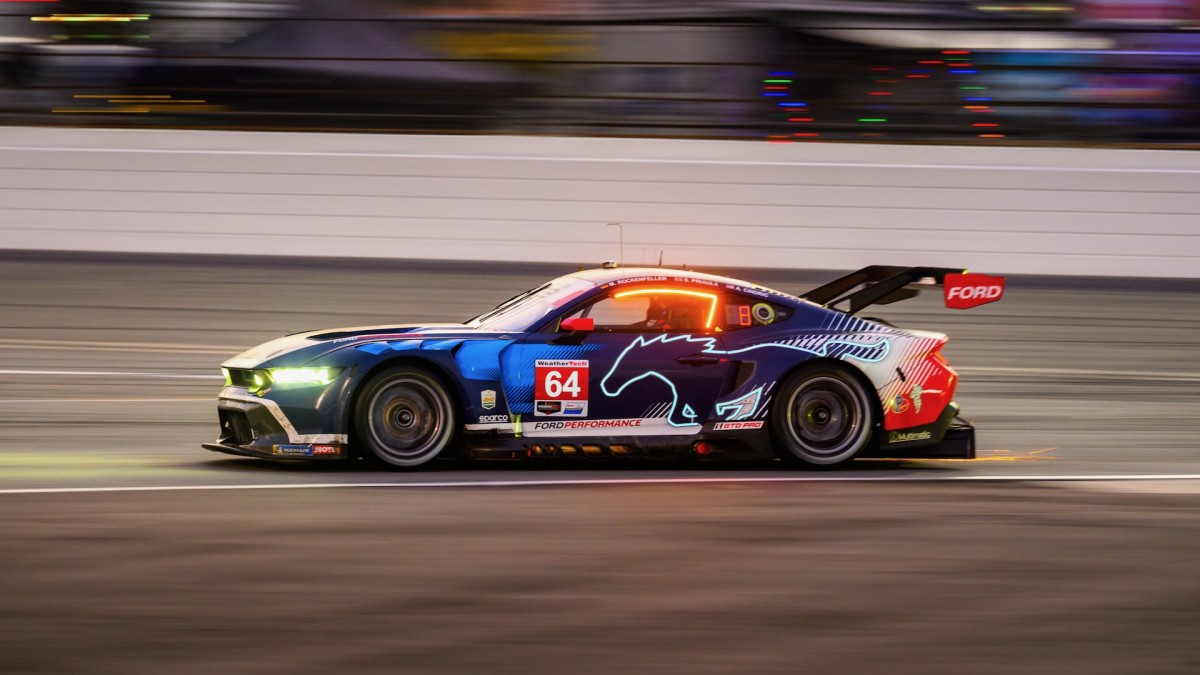
The Ford Racing moniker was used for the company’s motorsports division prior to 2015, when Ford folded it in with the Special Vehicle Team (SVT) that developed performance road cars for the U.S. market, and SVT’s European Team RS counterpart, to create Ford Performance. Now Ford is stressing even greater integration between the racing and road-car operations.
“Under one global Ford Racing banner, our engineers and designers will develop our performance road cars right alongside our race cars,” Will Ford wrote. “The technology that survives the Baja 1000 will be in the DNA of the next F-150 Raptor. The aerodynamic lessons we learn at Daytona and Le Mans will be sculpted in the body of the next Mustang.”
This might sound like a rehash of road-car relevance maxims like “win on Sunday, sell on Monday” and “racing improves the breed,” but it will reportedly come with some substantial changes. According to the Detroit Free Press, everyone at Ford Racing will work under one roof, and there have been some “significant organizational changes” to ensure interaction between the racing and road-car sides.
How Will It Benefit Car Buyers?
Ford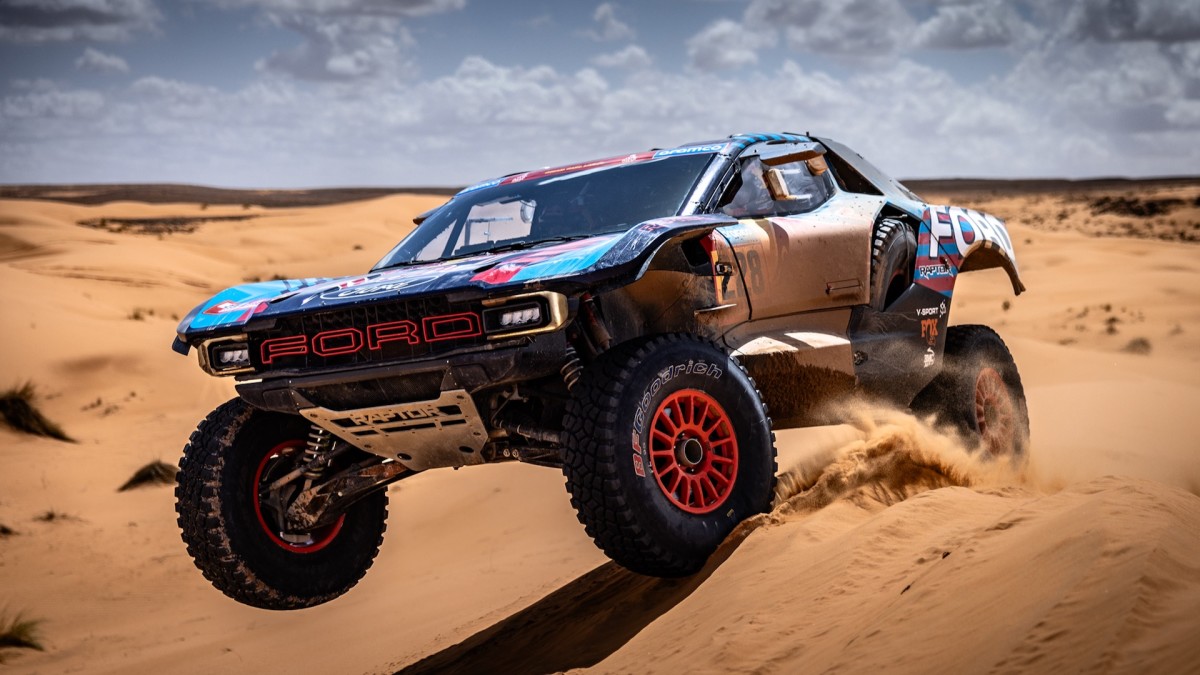
Ford’s current racing operations encompass NASCAR, Australian Supercars, multiple sports-car series (including one-make series for the Mustang) and off-road races like Baja and the Dakar Rally. Ford is also returning to Formula 1 in 2026 through a partnership with Red Bull Racing, and is developing a prototype racer to fight for overall victory at the 24 Hours of Le Mans. It’s like the second coming of Ford’s “Total Performance” era of the 1960s, when the automaker used racing as a marketing tool for its production cars.
However, Ford doesn’t have many road cars to channel that racing experience into. It does have the Mustang and the trio of Raptors (F-150, Bronco, and Ranger), plus less-hardcore models like the Mustang Mach-E Rally and Maverick Lobo, but Ford has clearly been paying more attention to racing than road cars. And its most epic recent performance cars—the Ford GT supercar and Mustang GTD track car—were developed with help from outside firm Multimatic. Perhaps the Ford Racing rebrand will change that.

